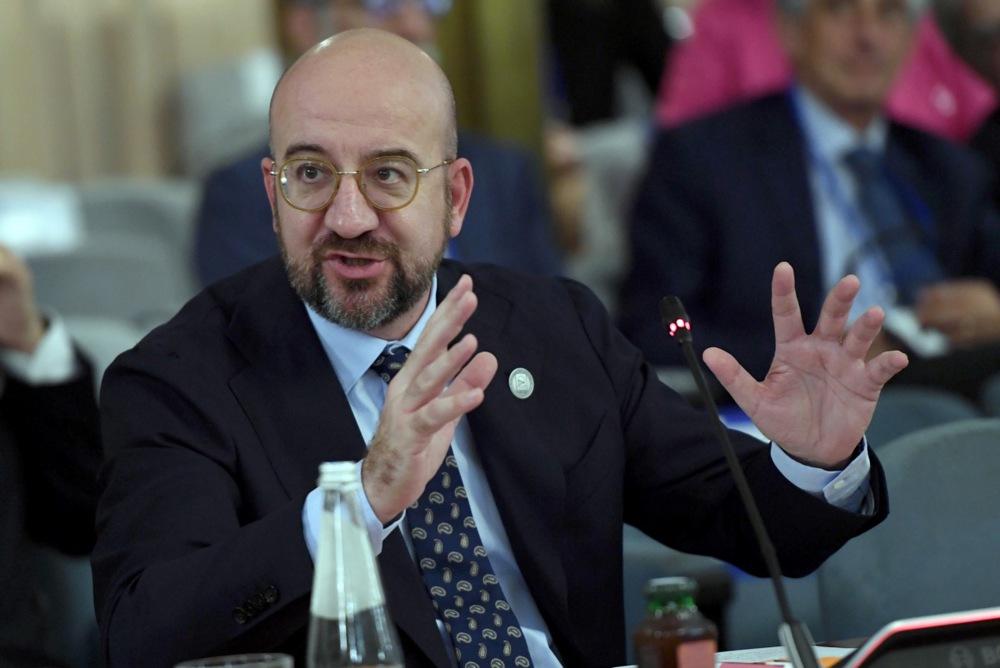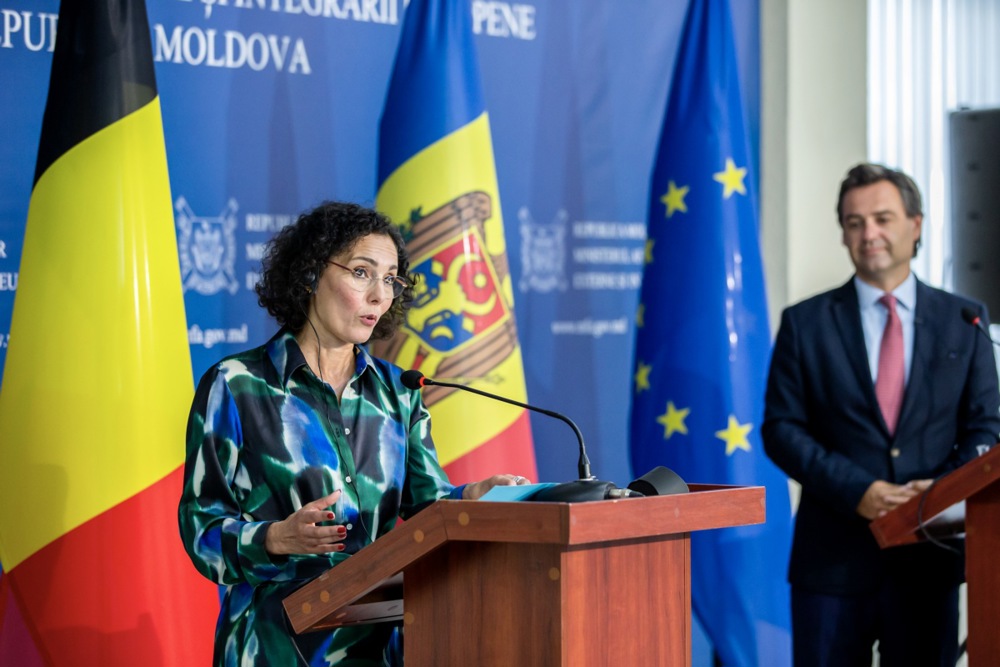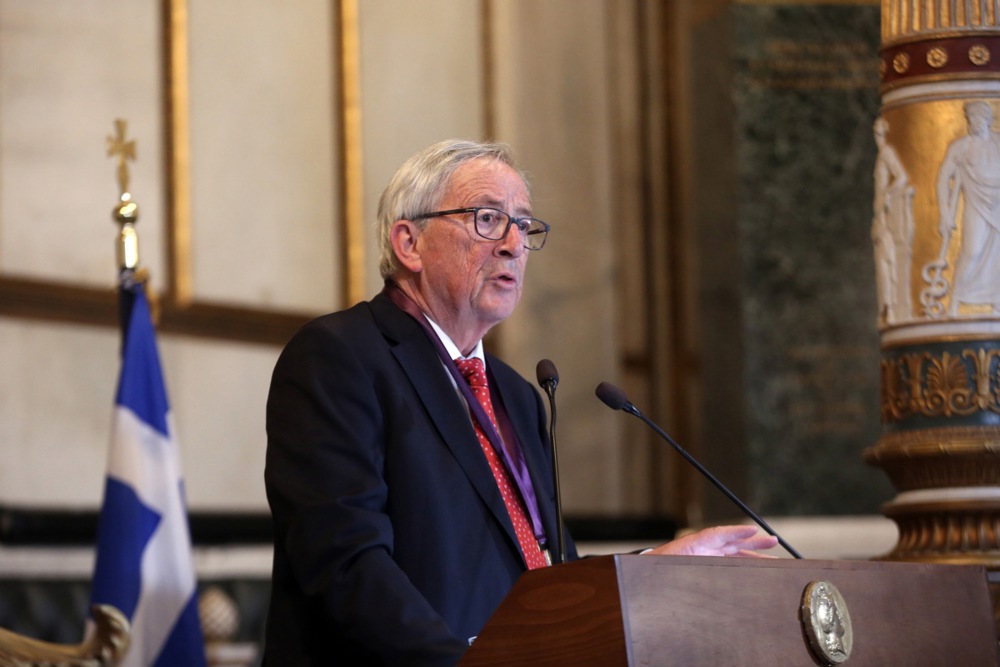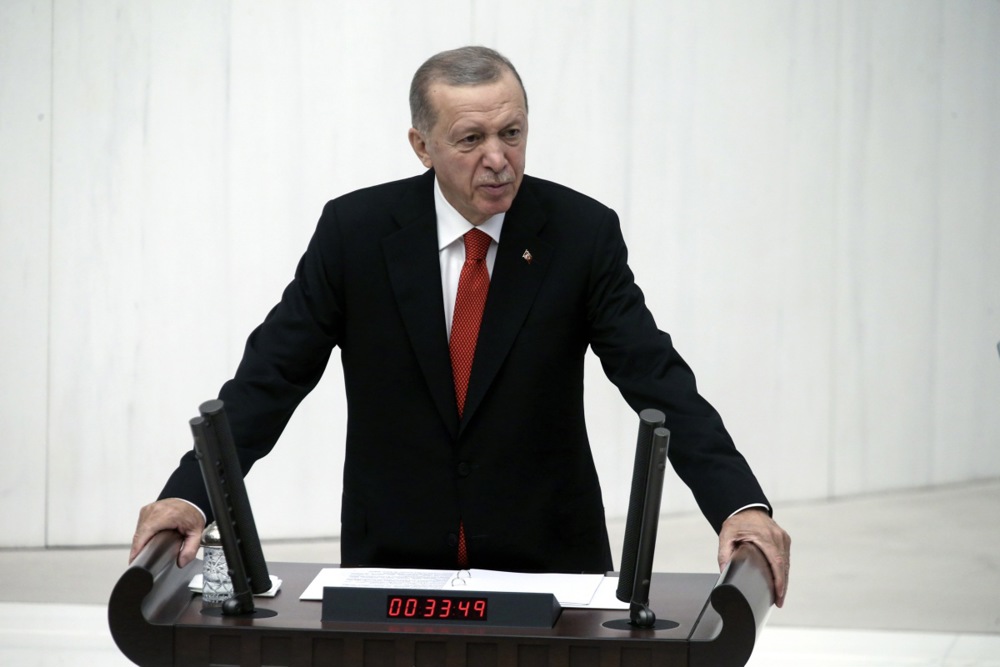Montenegro’s President Jakov Milatović is urging the European Union to grant his country membership within five years, saying it is the true front-runner of the nations now seeking to join the bloc.
In an interview with British daily The Guardian, Milatović said Brussels is in a position to renew its commitment to enlargement of the EU.
“Our membership would be a story about more than Montenegro. It would show to accession countries that the path of reform pays off,” he added.
“The whole EU process over the last 10 years became very technical and has, since the big enlargement to the East in 2004, lost its political dimension,” he said.
“The Russian aggression against Ukraine acted as a wake-up call in Brussels and other European capitals that accession had to be a geopolitical aspect.
“Obviously, it retains a technical dimension, but our membership would show to sceptical publics that enlargement is still alive and is not just a matter for elites,” Milatović added.
Montenegro had already applied to join the EU in 2008 but progress has been impeded due to concerns regarding corruption, ongoing Russian influence and political instability in the country.
Declaring himself a “realist”, Milatović predicted that EU Member States will confirm Montenegro’s accession in 2027, leading to full membership in 2028.
According to him, Brussels could show its renewed commitment to enlargement by admitting Montenegro, its longest-standing candidate, within five years.
“Under my leadership, there is zero tolerance for corruption and the new parliamentary majority will make appointments in the judiciary by the end of the year,” Milatović said.
He argued that Montenegro was the clear frontrunner among the 11 countries vying for membership.
He pointed out that his country has been a NATO member since 2017, that it uses the euro currency and that its per-capita prosperity is at 55 per cent of the EU average.
In its assessment in April this year, the European Commission said it expected Montenegro’s economic growth to slow down and its debt ratio to stabilise at a high level. It also stressed the need for labour-market reform and a reduction in the size and scope of the country’s informal economy.
Montenegro has reportedly cleared out a number of “dirty people” in its judiciary who were linked with organised crime, some of whom were arrested. There is no consensus yet on replacements and the debate is ongoing.
Much of Milatović popularity has rested on the prospect of economic revitalisation and the end of state-sanctioned corruption.
He also vowed a spirit of national unity for ethnic communities and an end to the political upheaval that has plagued effective governance in the country since 2020.
Above all, he championed the most enticing prospect of EU membership.
On October 17, Commissioner for Neighbourhood and Enlargement Olivér Várhelyi spoke quite critically about Montenegro. He said: “It has lost focus in recent years and opportunities have been missed.
“We are particularly concerned that Montenegro’s institutions are not functioning properly. It is worrying that the parliament has not yet become functional after the June parliamentary elections.
“The work ahead is well known, and it is now time for Montenegro to deliver,” Várhelyi concluded.
He did show appreciation for Montenegro’s “100 per cent alignment on Common Foreign and Security Policy (CFSP), including on restrictive measures against Russia”.
Enlargement is high on the agenda in the EU and Belgium is promising to prioritise such during its six-month Presidency of the Council of the European Union starting in 2024.
Things look promising for three new hopefuls aiming to join the European Union as the heads of Member States gather at an EU Council meeting in Sweden to discuss enlargement of the bloc. https://t.co/m4lqpasiXh
— Brussels Signal (@brusselssignal) June 21, 2023





